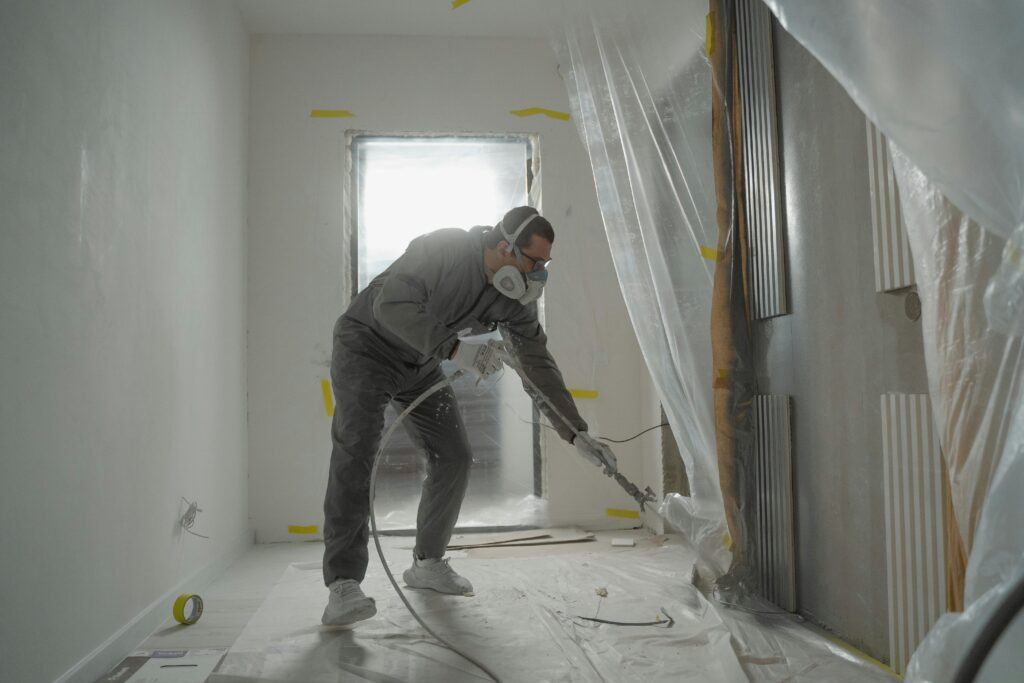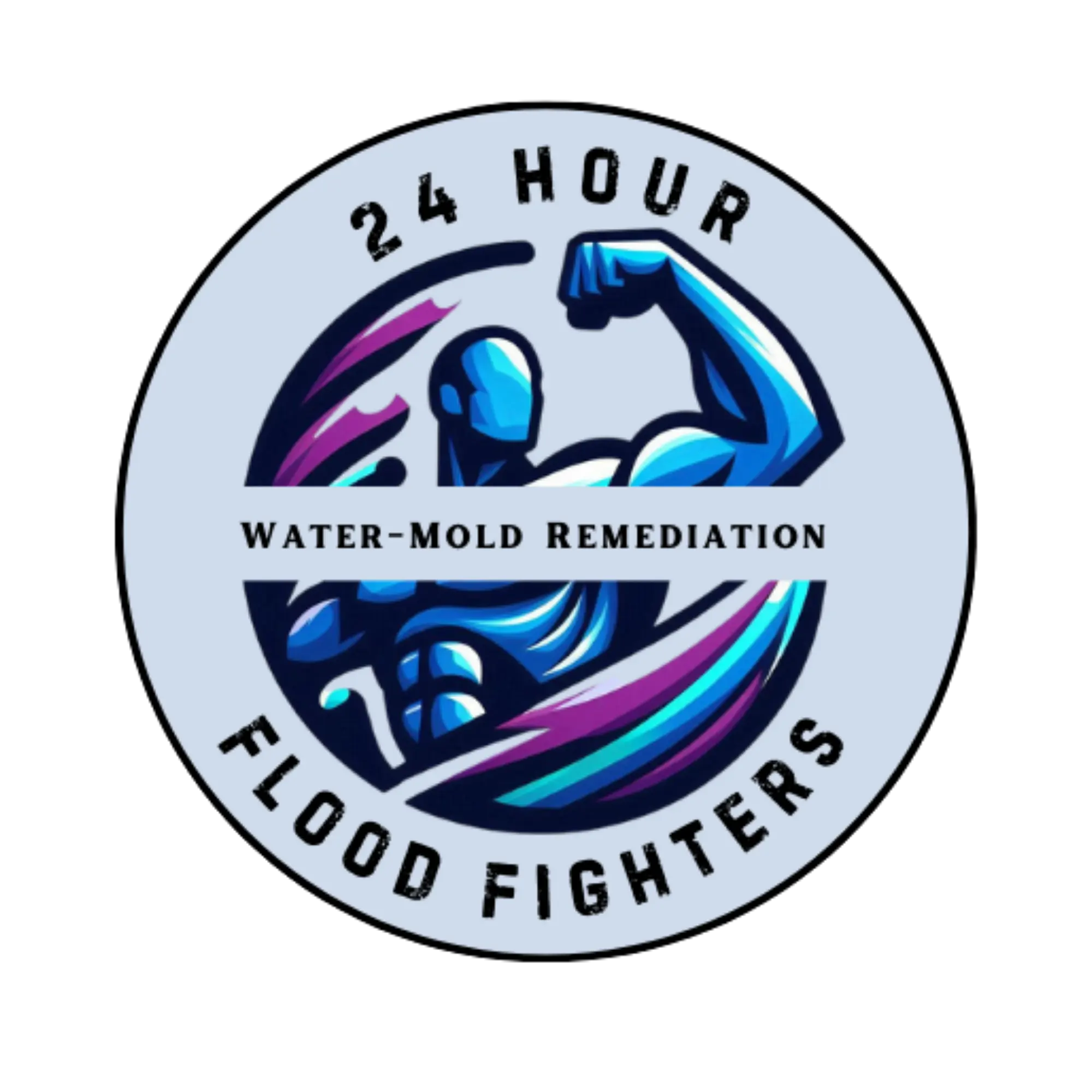
Mold might be out of sight, but it should never be out of mind. It thrives in damp, humid environments—and your home could be the perfect breeding ground. Beyond its unpleasant smell and appearance, mold poses serious health risks, especially when left untreated. In this blog post, we’ll explore the hidden dangers of mold in your home, the symptoms of mold exposure, and how to protect your family from this silent intruder.
Understanding Mold Allergy Symptoms
Mold allergies can manifest through various symptoms that may affect your daily life. Common signs include sneezing, runny or stuffy nose, itchy eyes, and skin rashes. For those with asthma or other respiratory conditions, exposure to mold can exacerbate symptoms and lead to severe reactions.
Recognizing these symptoms early is crucial for effective management. If you suspect mold exposure, it's important to consult with a healthcare professional who can provide guidance and potential testing to confirm mold allergies. Additionally, keeping your home mold-free is essential for maintaining a healthy environment.
Health Risks Associated with Mold Exposure
Prolonged exposure to mold can lead to serious health issues, particularly for vulnerable populations such as infants, the elderly, and individuals with compromised immune systems. Health risks can range from respiratory infections to chronic lung diseases, and in some cases, mold exposure has been linked to neurological issues.
It's vital to understand these risks, as they underscore the importance of prompt mold remediation. Regular inspections and maintenance of your home can help prevent mold growth, ensuring the safety and well-being of your family.
Effective Mold Remediation Strategies
Mold remediation involves a series of steps aimed at removing mold and preventing its return. This process typically includes identifying the source of moisture, containing the mold, and safely removing affected materials. Professional services, like those offered by 24 Hour Flood Fighters, utilize specialized equipment and techniques to ensure thorough remediation.
In addition to professional services, homeowners can take proactive measures, such as improving ventilation, using dehumidifiers, and promptly addressing leaks. These strategies not only help eliminate existing mold but also reduce the likelihood of future infestations.
Preventing Mold Growth in Your Home
Preventing mold growth is essential for maintaining a safe and healthy living environment. Key prevention strategies include controlling indoor humidity levels, ensuring proper ventilation in areas like bathrooms and kitchens, and regularly inspecting your home for leaks and water damage.
Additionally, utilizing mold-resistant products during home renovations and cleaning regularly can further reduce the risk of mold development. By being proactive, homeowners can create an environment that deters mold growth and protects their family's health.
Understanding Mold Allergy Symptoms
Mold allergies can manifest through various symptoms that may affect your daily life. Common signs include sneezing, runny or stuffy nose, itchy eyes, and skin rashes. For those with asthma or other respiratory conditions, exposure to mold can exacerbate symptoms and lead to severe reactions.
Recognizing these symptoms early is crucial for effective management. If you suspect mold exposure, it's important to consult with a healthcare professional who can provide guidance and potential testing to confirm mold allergies. Additionally, keeping your home mold-free is essential for maintaining a healthy environment.
Health Risks Associated with Mold Exposure
Prolonged exposure to mold can lead to serious health issues, particularly for vulnerable populations such as infants, the elderly, and individuals with compromised immune systems. Health risks can range from respiratory infections to chronic lung diseases, and in some cases, mold exposure has been linked to neurological issues.
It's vital to understand these risks, as they underscore the importance of prompt mold remediation. Regular inspections and maintenance of your home can help prevent mold growth, ensuring the safety and well-being of your family.
Effective Mold Remediation Strategies
Mold remediation involves a series of steps aimed at removing mold and preventing its return. This process typically includes identifying the source of moisture, containing the mold, and safely removing affected materials. Professional services, like those offered by 24 Hour Flood Fighters, utilize specialized equipment and techniques to ensure thorough remediation.
In addition to professional services, homeowners can take proactive measures, such as improving ventilation, using dehumidifiers, and promptly addressing leaks. These strategies not only help eliminate existing mold but also reduce the likelihood of future infestations.
Preventing Mold Growth in Your Home
Preventing mold growth is essential for maintaining a safe and healthy living environment. Key prevention strategies include controlling indoor humidity levels, ensuring proper ventilation in areas like bathrooms and kitchens, and regularly inspecting your home for leaks and water damage.
Additionally, utilizing mold-resistant products during home renovations and cleaning regularly can further reduce the risk of mold development. By being proactive, homeowners can create an environment that deters mold growth and protects their family's health.

